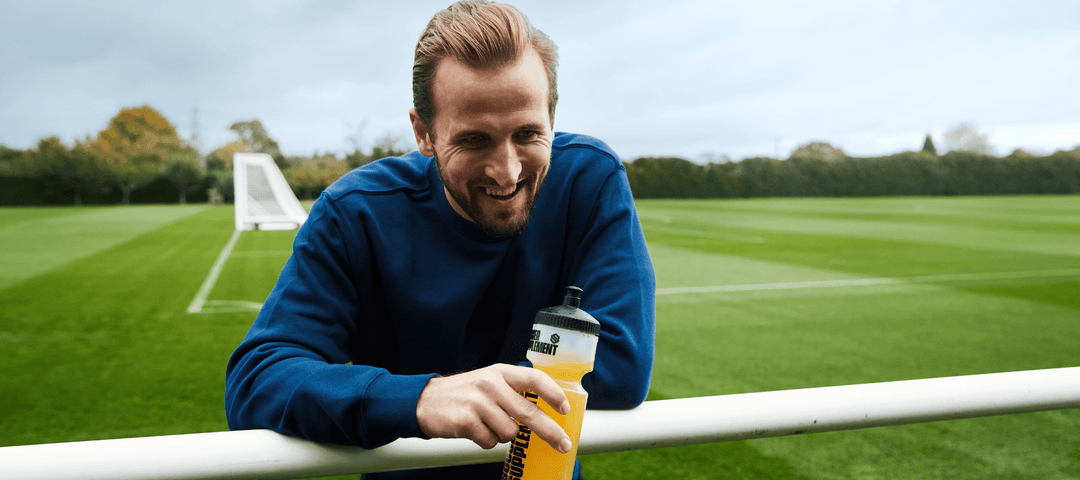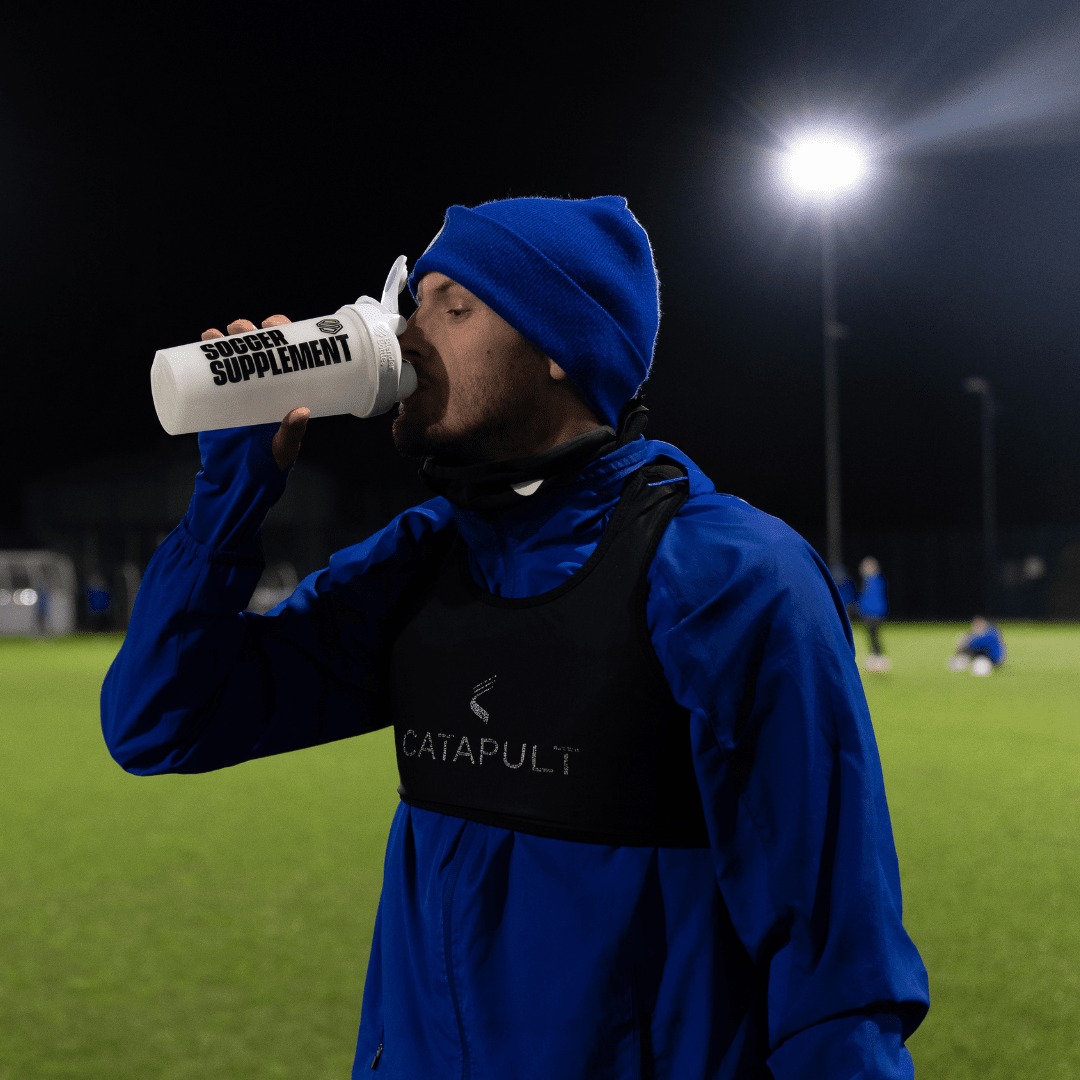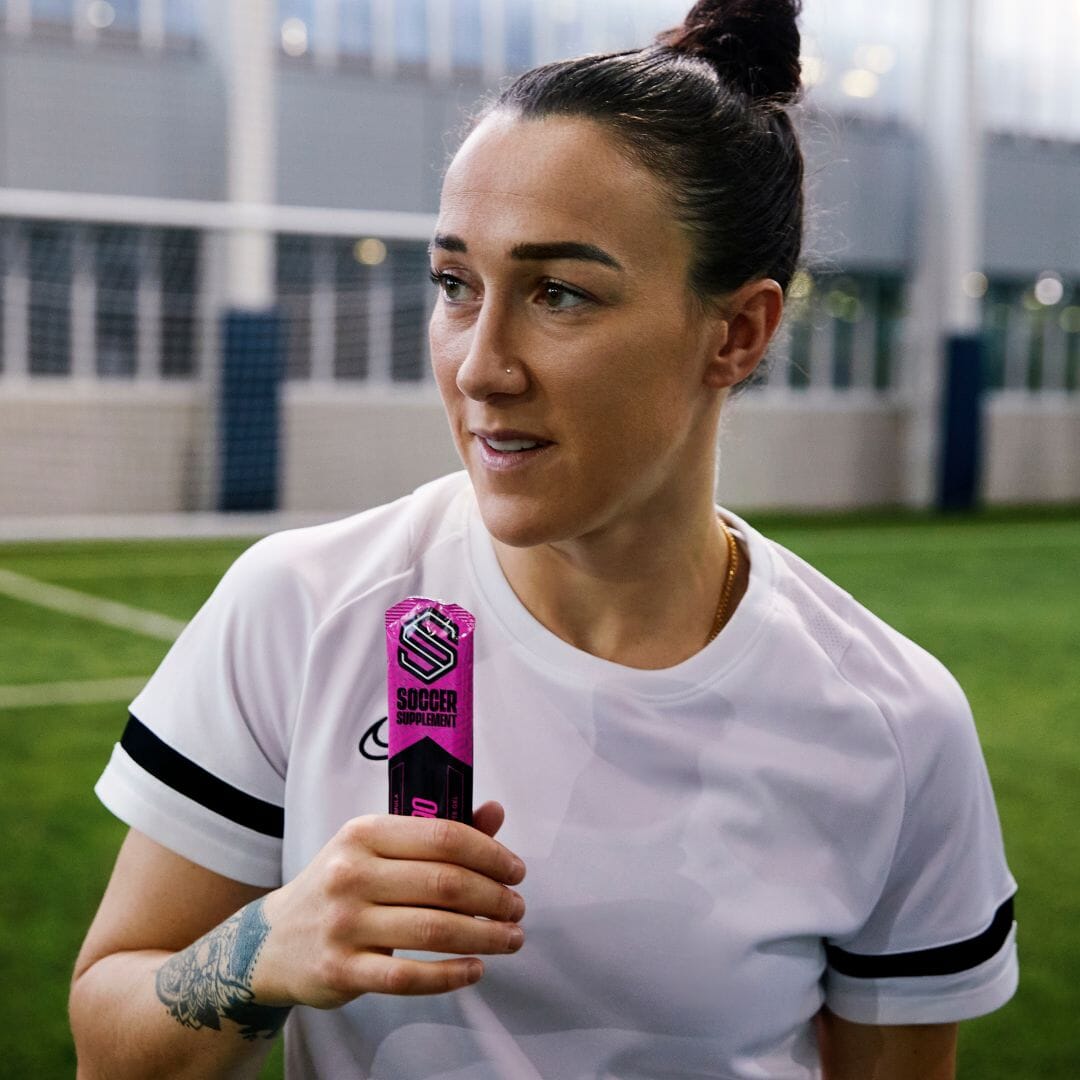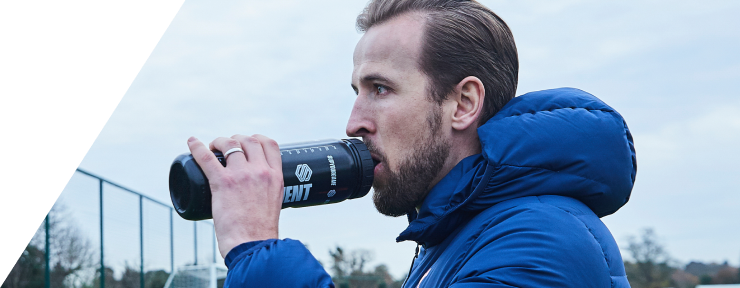Football of course is a team sport made up of 11 unique individuals. To create a winning and successful team, it is essential that Social factors are identified, addressed and improved. Within social factors that can impact on performance, there are two sub components which are Group Dynamics and Cultural/Societal Issues. We can look deeper at each and the role they play in developing a strong team spirit.
Group Dynamics include cooperating with team mates, contributing towards the team objectives, working in isolation, relationships with team mates, staff and how you fit in as an individual to the over team dynamics. Being a good team player requires you to fully understand your role and that of others. A phrase used by many is ‘a hard working team is difficult to beat’ which of course requires more than hard work but it undoubtedly gives a solid foundation to build team success upon.
More and more important nowadays is the importance of addressing Cultural/Societal Issues which should be the cornerstone of our game. They are basic values which give us rules and parameters to play within. Without these, there would be no structure and discipline. Whilst we always want to strive to win, we must do so by playing in the correct sporting manner. It is important when playing to always adhere to the basic ROOTS of the game.
Rules – play hard but fair and always within the rules of the game. Don’t cheat to simply win a game as it will ultimately devalue the success. Be honest and truthful at all times which will result in gaining more decisions, good luck in the future.
Opposition – respect your opponents and always treat with respect. The better the opponent, the harder you should try allowing you to continually make improvements to your game.
Officials – without match officials there would be no organised games and we must always bear that in mind. The officials always try their best and honest mistakes will happen similar to that of players so we must be mindful and respectful at all times. Shake hands before and at the end and don’t be afraid to ask them their real name, it is not often REF!!
Team mates – show respect and encouragement to your team mates at all times. Whilst you may not always agree with a choice of pass or shot, you will always need them to help and assist during the game and a supportive team mate is a good team mate.
Self – never let yourself down by making rash decisions or acts of ill discipline. You owe it to yourself to play hard but fair and push yourself to be the best that you can be.
Quick tips;
- Role models – identify a player that you admire (preferably in your position) and watch as much of them on and off the pitch. Watch how they get off the team bus, how they enter the field, how they warm up, how they deal with immediate setbacks and try to replicate. Also, be aware that you can also be a role model for others (even if you don’t like it!) be it a younger sibling, youth team player etc so always aspire to inspire!
- Building Team Dynamics – organise and fully participate in team building events such as go-karting, paint balling etc. These really help to shift the focus from football for a while and can often lead to increased levels of team morale and leadership







